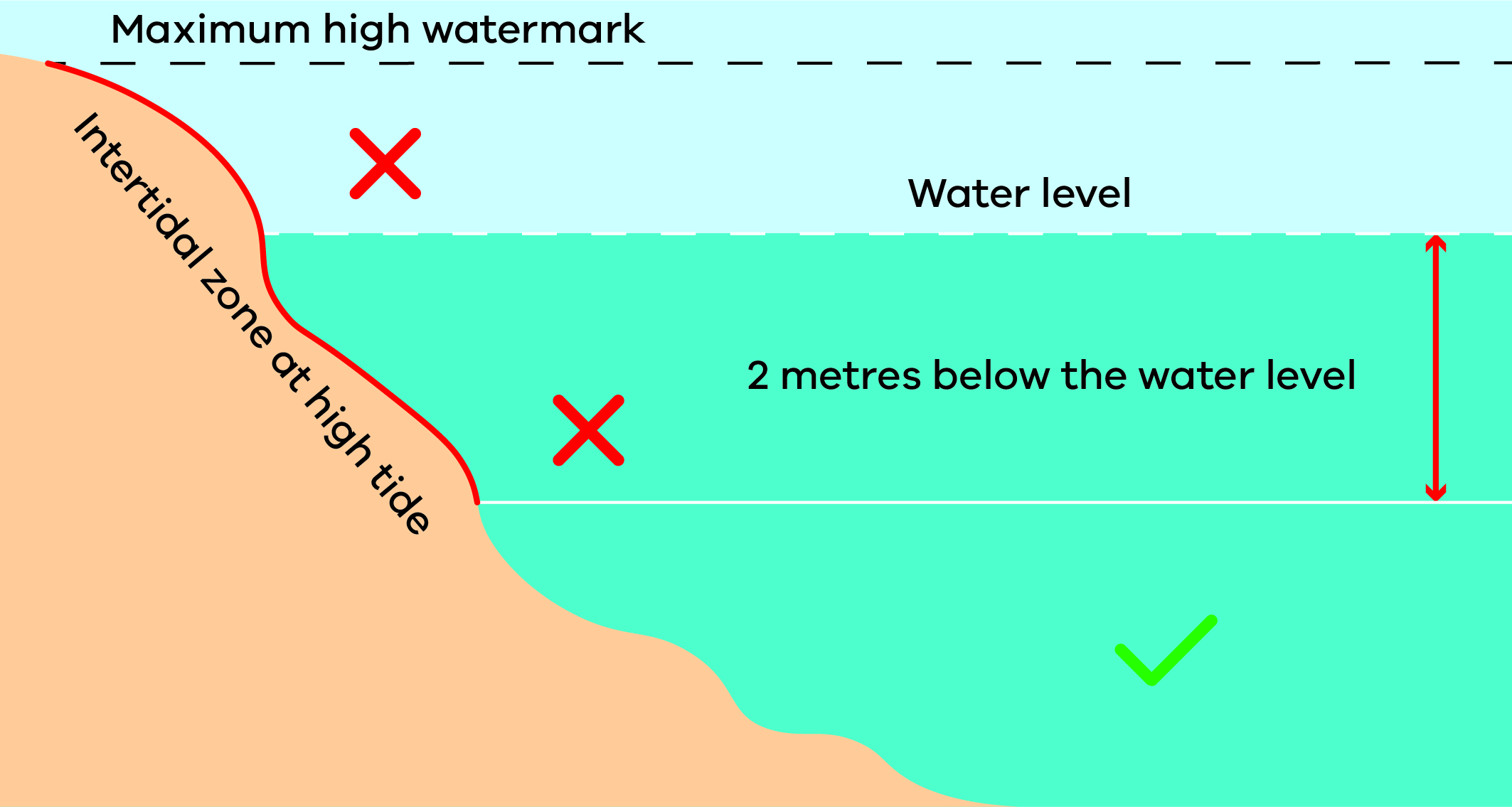We only collect personal information online when you choose to provide it.
Why we collect your personal information
The purpose for collecting your personal information is to manage online participation in our engagement related to our services, projects and plans and to communicate with you about them if you agree to updates. We or our Contract Service Providers may also use your personal information for customer research purposes, consistent with our main Privacy Policy.
Site visit data
You can access Let's Talk | Melbourne Water’s website anonymously, without disclosing your personal information.
This site’s web-server automatically collects the following non-personal information (i.e. clickstream data) for statistical and system administration purposes only:
- your server (or IP) address
- the day and time you visited the site
- the pages you visited on our site
- the address of the last page you visited
- the operating system you are using
- rough geographic location (down to the city)
- language (e.g. American English)
- internet service provider (e.g. Telstra)
- the type of browser and version you are using.
We collect this information to evaluate the performance of our online services and product offerings. To the extent that this data could make you identifiable, Melbourne Water will not attempt to identify individuals from the records the server automatically generates unless necessary to investigate a breach of law or regulation.
Cookies are used on the site, but they do not collect any personal information. For the most part they are sessional and just contain system-generated values to identify the user's session for statistical and system administration purposes only.
User registration
If you choose to sign up at the site we invite you to enter a username, email address and postcode.
If you choose to respond to forum questions we require a username and an email address. Only your username will be visible to other participants when they view responses.
We recommend you use an anonymous username if you do not want your real name visible on the website with forum comments, stories or questions.
By providing an email address you help us protect the integrity of the discussion from individuals and groups who may attempt to unduly influence the outcomes of the consultation process. For example, we check the database to ensure each user has a single email account on the site. We also frequently review the site for trolls and spammers.
Demographic information (optional)
We ask optional demographic questions when you sign-up to help us determine whether we are getting a diverse cross-section of participants. These questions are age group and gender.
Social media collection statement
If you use your Facebook account to log in and/or authenticate with the Melbourne Water Let's Talk portal, we will collect and store a unique user ID provided by your social networking site (‘SNS’) .
As a Melbourne Water Let's Talk portal user, you can choose to log in and/or authenticate with a SNS, such as Facebook. To do so, you must use your account credentials (typically username and password) for your SNS. Your SNS will provide Melbourne Water with a unique user ID which we can use to identify you on our Let's Talk portal. Melbourne Water will retain this user ID, keep it private and use it to identify you and enable your access to features on our websites.
If you choose to sign up with your SNS profile Melbourne Water will request to collect your name and email. You can cancel this request and then manually enter this information through the Let's Talk email registration process.
We encourage you to read the privacy policies and other statements of the SNS you use.
Google reCAPTCHA
We use a Google-provided tool called "reCAPTCHA" which, on some form submissions, is intended to tell humans from robots to prevent abuse of those forms by spam bots. The reCAPTCHA tool may, in its algorithm, make use of cookies as well as other information like IP address, date, time, language, screen size and resolution, and mouse movements while on the page. The reCAPTCHA tool is subject to Google’s terms of use and privacy policy.











